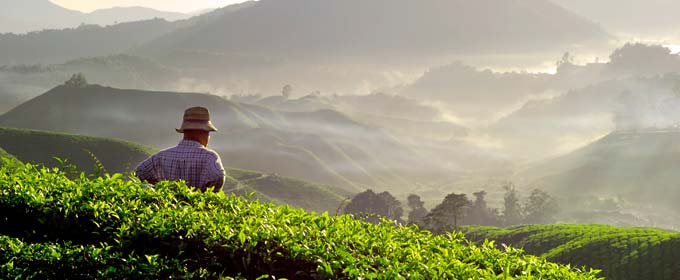
Research under the Biodemography and Evolution area is coordinated by Professor Michael Gurven. This research integrates biology with classical demography in its study of birth and death processes affecting individuals, cohorts and populations. It is broad in scope, focusing on both the proximate biological mechanisms affecting growth, development, reproduction, health, aging and lifespan, as well as ultimate or functional explanations for demographic traits rooted in evolutionary perspectives. Life history theory from biology acts as a critical theoretical foundation for evaluating empirical patterns in demographic traits within and among human societies, as well as aiding in comparisons of humans with non-human primates. This approach models the effects of ecology and culture on individual behavioral strategies impacting reproduction and survival. The biodemographic study of the human life course is a salient theme at UCSB, as each life stage carries its own unique traits. Methods include the use of mathematical models, ethnography, behavioral observation, comparative methods, and biomarkers of disease and biological function. Approaches are both cross-cultural and cross-species in order to best understand human variation. Field populations studied by UCSB faculty include foragers and farmers in South America, peasant farmers of Central America, farmers and pastoralists of East Africa, maritime subsistence fisher-farmers of Micronesia, and urban populations in North America.
Area director: Michael Gurven
Broom Center affiliates associated with the Biodemography and Evolution area
Publications associated with the Biodemography and Evolution area
